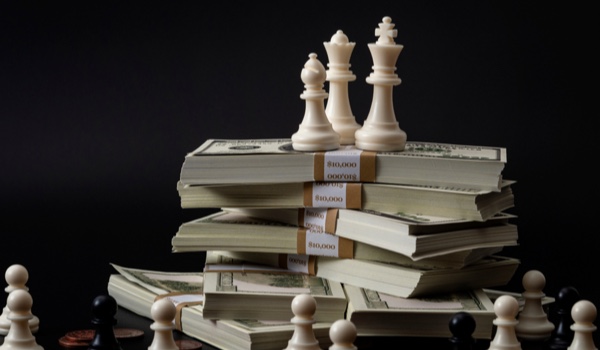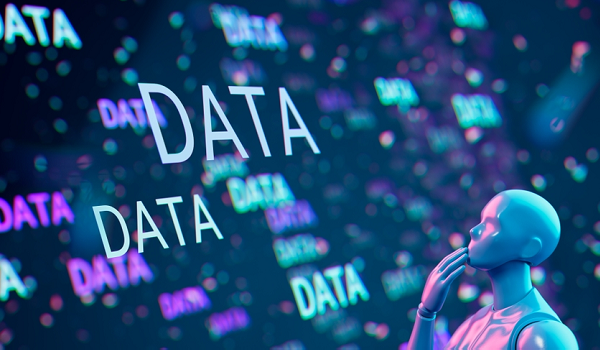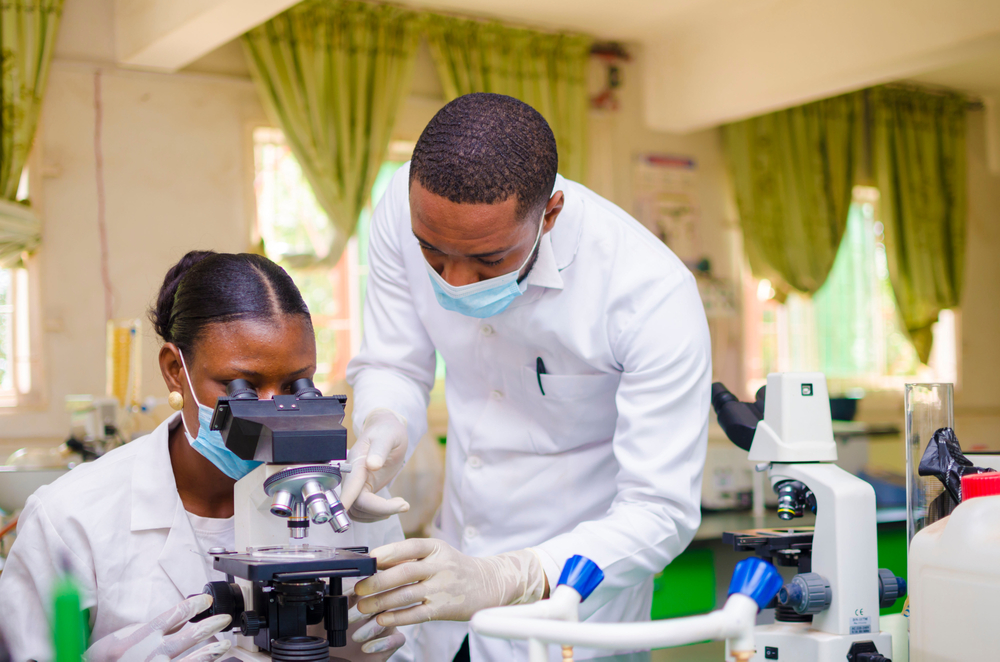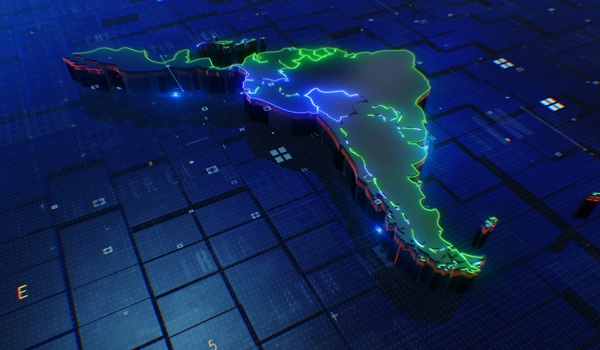


PARIS - Global crises have grown in frequency and intensity over the past 20 years, with worrying implications for future economic development. The World Bank warns that the effort to reduce poverty has suffered its “worst setback” in a quarter-century due to the COVID-19 pandemic. Inequalities are deepening both within and between countries and across many key sectors, from education to health.
The scale of these problems means public policy cannot just focus narrowly on income and wealth. Instead, the situation demands a holistic approach with longtime horizons. Otherwise, subsequent governments will always be tempted to pursue short-term improvements with immediate political payoffs - such as an increases in household purchasing power - rather than investing in the future welfare of their nations. We also need to quantify the necessary trade-offs, so politicians can explain to voters why they should support having a bit less now in exchange for gaining more later.
We also need to be mindful of how we measure inequalities. Is it fair to demand that developing countries reduce their greenhouse-gas emissions at the same rate as advanced economies, even though the latter have historically contributed far more to climate change?
The challenge for policymakers is to adopt strategies that are both global and granular, and tailored to specific contexts. Otherwise, there is a strong chance that measures to correct one type of inequality will end up introducing new ones, e.g., we can fight climate change by subsidizing new solar panel installations, but we must then be prepared to hear and address complaints from those who already worked hard to reduce their carbon footprints before any state incentives were introduced.
Advocating for equity in all its dimensions requires an expansive perspective on inequality - a frequent consequen
The content herein is subject to copyright by Project Syndicate. All rights reserved. The content of the services is owned or licensed to The Yuan. The copying or storing of any content for anything other than personal use is expressly prohibited without prior written permission from The Yuan, or the copyright holder identified in the copyright notice contained in the content. Continue with Linkedin
Continue with Linkedin
 Continue with Google
Continue with Google







 1375 views
1375 views










